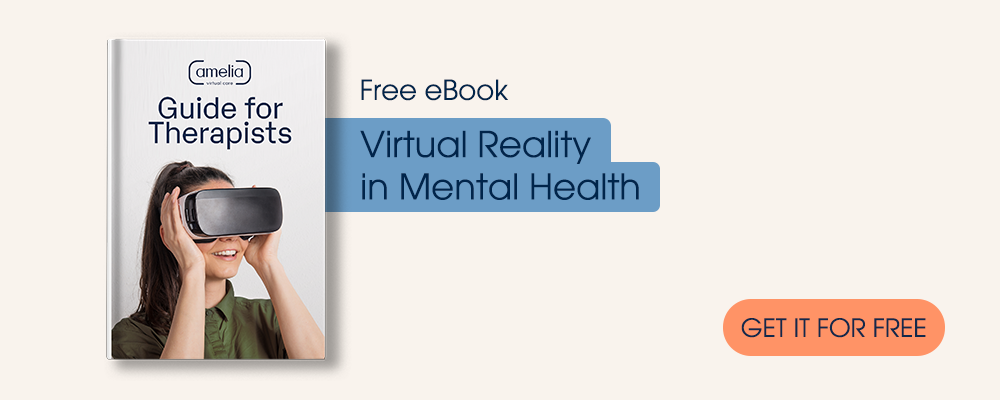Why Mental Health Support is Crucial After a Breast Cancer Diagnosis
For women (and some men), learning that they have breast cancer is devastating. Living with the diagnosis can turn a person’s world upside down, and along with physical symptoms, it’s not uncommon to experience mental health issues such as depression and anxiety.
In this article, we will explore why it’s vital to prioritize the mental health and physical health of those living with breast cancer.
The importance of paying attention to mental health symptoms
Severe mental illnesses that precede a breast cancer diagnosis may increase the risk of both all-cause and cancer-specific mortality among women, according to research findings recently published in Social Science & Medicine.
Studies have shown a real need to support the mental health of those diagnosed with breast cancer. A breast cancer diagnosis and treatment can bring a whirlwind of fear, sadness, anger, and worry. These emotions can lead to anxiety and depression or exacerbate symptoms of someone already living with those conditions.
When we don’t feel well, we tend to neglect our physical health. We may not eat well or go for the most accessible option instead of the healthiest. We may not exercise because we’re so exhausted, and we often have trouble getting a good night’s sleep. It’s no different for those who are going through treatment for breast cancer.
Along with the emotional toll that a breast cancer diagnosis can bring, the treatment itself can cause insomnia, memory issues, and hormone level changes resulting in mood swings. Weight gain is also a known side effect of some medications. All of these put people at higher risk of developing long-term mental health issues. It’s crucial to be aware of these symptoms and seek mental health treatment before they worsen. In some cases, the mental health issues last beyond treatment and develop into post-traumatic stress disorder (PTSD).
Seeking mental health support after a breast cancer diagnosis
It’s important to help people realize that there is no shame in seeking help, no matter the circumstances. The main goal of mental health treatment during breast cancer is to help people learn how to cope with the emotional, physical, and emotional changes associated with cancer and its treatments which can be traumatic and painful.
Talking to a mental health professional can help patients cope during treatment and recovery. There are also other options, such as group therapy, which allows patients to get support from others who are going through or have been through similar experiences. The groups are often led by mental health professionals with expertise in treating breast cancer patients. For many people, a combination of individual and group treatment works best.
Virtual reality therapy has also been shown to help with the mental health symptoms of breast cancer and some of the physical symptoms. For example, patients who suffered from hot flashes and night sweats showed a 50 percent decrease in those events after using virtual reality in a therapy setting.
z
Finding the right treatment option
There are several options available to those seeking mental health support while undergoing treatment or recovery from breast cancer. Hospitals or medical centers typically have licensed social workers, therapists, or psychologists on staff who are experienced in working with cancer patients. If there are no mental health specialists on-site, many treatment centers will give resources or referrals upon request to outside providers.
Another effective treatment for the mental health effects of breast cancer is virtual reality therapy. Amelia Virtual Care offers virtual environments to help with the anxiety, depression, and pain management issues that cancer patients experience.
There are also medical procedure environments for those with phobias or anxiety about medical treatments and relaxation environments to help deal with the stress that goes hand in hand with a cancer diagnosis. The environments are totally immersive and allow the mental health professional control of the parameters.
If you’re interested in learning more about VR, and how you can implement it in your practice, contact us for a free demo.












